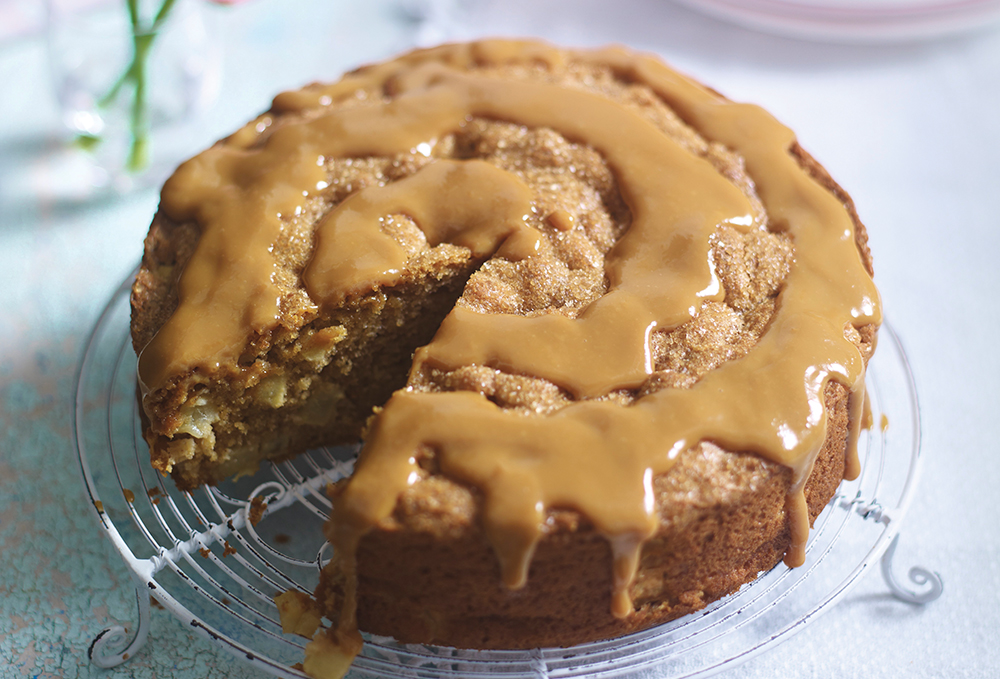It’s the ultimate feasting holiday, says Alex Rushmer
Growing up, Easter wasn’t really something that was ever celebrated with any greater ceremony than any other Sunday. Of course, there were benefits: a roast dinner, plenty of chocolate and a guarantee of no school in the morning but two out of three of the above were iron-clad guarantees whenever we saw my grandparents anyway, which happened at least once a month.
It certainly didn’t have the build-up, excitement or decadence of Christmas, which, given that it had happened just three months previously and was still strong in the memory, meant Easter was inevitably something of a damp squib.
An extremely limited straw poll of friends and contemporaries reveals I’m not alone in harbouring these thoughts. I suppose that a lack of any religious conviction might play some role in my general antipathy towards the festival. However, taking a broader look at the circumstances surrounding Easter has convinced me that I need to reassess the potential for revelry and decadence.

Firstly, and most importantly, we are gifted a whole four days of possible festivities which, unlike Christmas, aren’t heavily weighted down with the emotional expectation that you will spend every waking moment of those days with your relatives. A weekend, flanked by bank holidays, that you are well within your rights to spend with friends, enjoying a level of revelry normally reserved for foreign holidays. Magnificent. Add to this the fact that it comes at the end of a 40-day period of (supposed) self-imposed abstinence and penance, and it makes the prospect of a 96-hour food and drink fest even more delicious.
Secondly, the range of ingredients and foods available to us is far greater, more delicate, lighter, and more inspirational than those traditionally associated with December. The first hints of spring are usually well on the way as is the prospect of at least some al fresco socialising (although I do also have memories of spending an Easter weekend snowed in), even it is just a swift glass of rosé with a thick jumper and scarf for company.
Spices, which jostle each other for position centre stage during the winter months, are more of a supporting cast for Easter and are present only in a few of the baked goods that are associated with the festival. Long meals, heavy and wholesome in execution, make way for fresher flavours that are more fitting for the brighter afternoons. Lamb has long been traditional (an import indicative of the Jewish roots of the festival) but chicken and fish also have their place, especially when paired with verdant spring greens, the newest of potatoes and plenty of fresh herbs.
From a chef’s perspective, Easter marks the point in the year when ingredients really begin to sing, and the job of those in the kitchen becomes less focussed on process and more intently dedicated to sourcing. Nature is waking up and we should get the bounty to the table as unadulterated as possible.
Easter represents, more than anything else, a re-awakening, a near epiphanic realisation that the brighter and bolder days are close by and there are spring afternoons and summer nights just around the corner. That really is a reason to eat, drink and be merry – only this time without the risk of falling asleep as the sun goes down.

